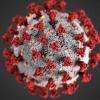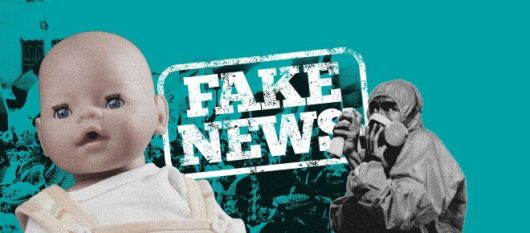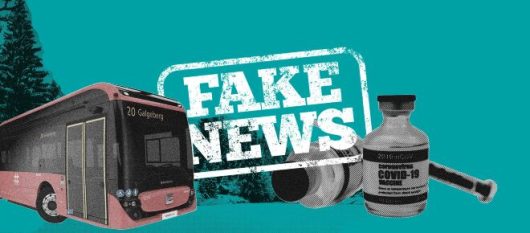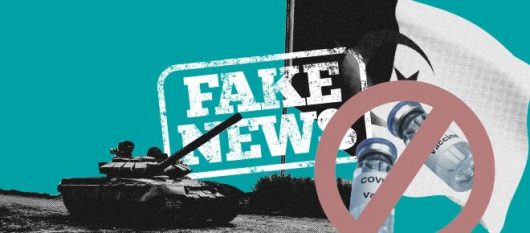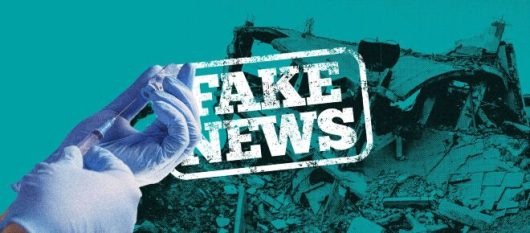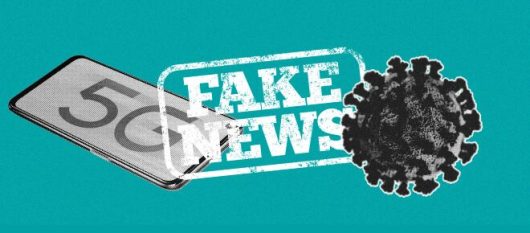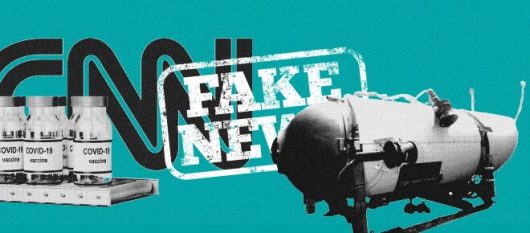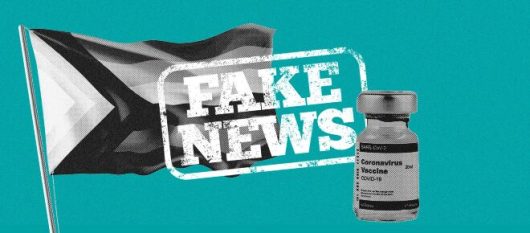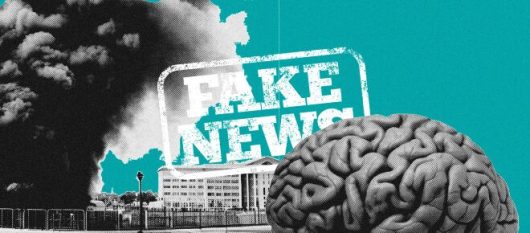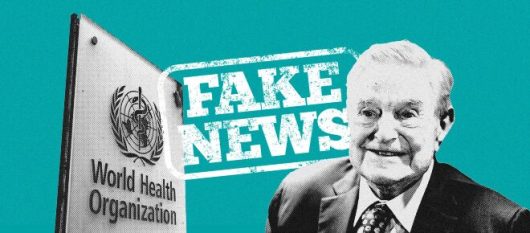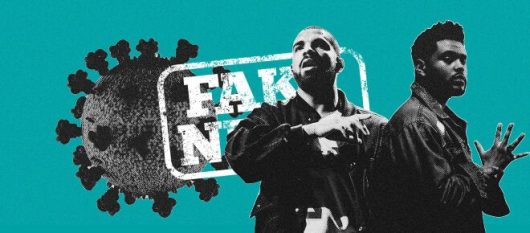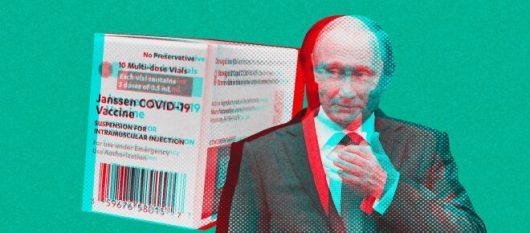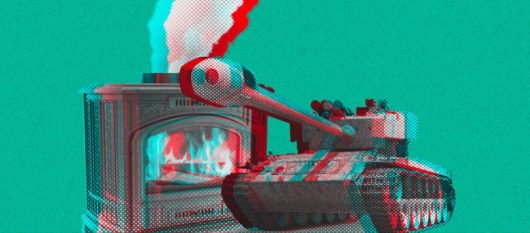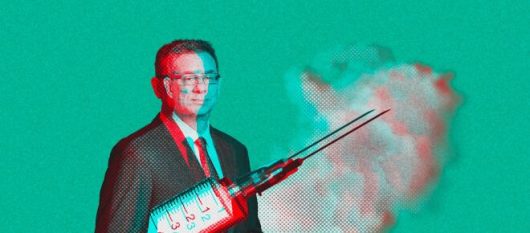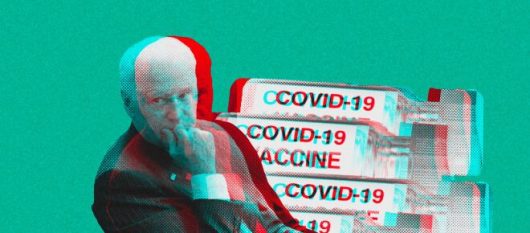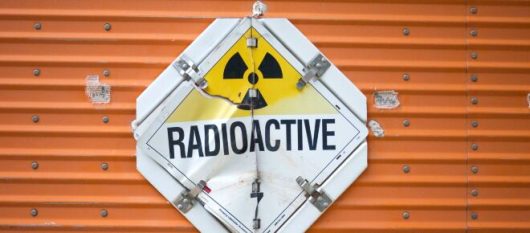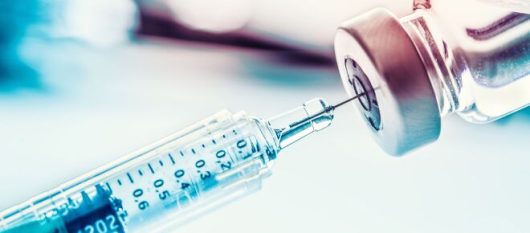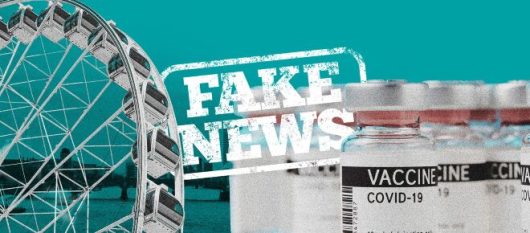
Coronavirus - Covid-19
Follow the Coronavirus - Covid-19 channel and receive all the updates on the pandemic. Live news coverage from Blasting News newsroom and from the official HHS social media channels.
Blasting News reporters work every day to provide you with a guide on everything you need to know about the Coronavirus pandemic: the latest updates on how the pandemic is evolving in the U.S. and around the world, the impact it is having on all areas of our lives and recommendations on how to prepare and protect yourself effectively. Blasting News publishes only carefully verified news.
1.What is Covid-19 (and how is it transmitted)?
The disease caused by the coronavirus is called Covid-19, and as of March 11, 2020, the World Health Organization (WHO) has declared a "pandemic" status that remains in place for more than a year and a half.
Transmission of coronaviruses between humans occurs through close contact with another person carrying the virus. Vectors of human-to-human transmission can be saliva – including by coughing or sneezing –, contaminated hands that come into contact with the nose or mouth, and more generally direct personal contact.
2.What is the origin of Covid-19?
The U.S. intelligence and dozens of international experts claim that we are unlikely to know for certain the origin of Covid-19, even if we categorically rule out either that the virus is human-modified or that it was "released" and Covid variants were programmed: in both cases, these are unverified conspiracy theories. There are two hypotheses for the virus that first emerged in the fall of 2019 in the Chinese city of Wuhan:
- The transmission from an animal to a human, which is the most accepted hypothesis in the scientific community;
- The accidental release of the virus from a laboratory in Wuhan.
In November 2021, internationally renowned virologist Michael Worobey said there is new evidence to support the theory that a SARS-CoV-2 progenitor jumped from an animal to humans in the Wuhan market.
3.What are coronaviruses?
Coronaviruses (CoVs) are a large family of viruses that can cause illnesses ranging from common colds to more serious infections such as Middle East respiratory syndrome (MERS) or severe acute respiratory syndrome (SARS).
Covid-19 is part of a new, previously unidentified strain that appeared in late 2019 in the Chinese city of Wuhan.
4.How do Covid-19 vaccines work?
The vaccines developed against Covid-19 do not contain an antigen, but “instructions” that tell the body's cells how to produce an antigen identical to a real virus particle. These instructions can be:
- mRNA in an mRNA vaccine;
- a modified harmless virus in a viral vector vaccine.
When a person is given an mRNA vaccine or a viral vector vaccine, some of his or her cells “read” the instructions. These cells then produce the antigen for a short time, before degrading the mRNA or the harmless virus. The person's immune system then recognises the antigen as “foreign”, activating immune cells and producing antibodies. Some Covid-19 vaccines work by using mRNA or a modified virus. Among the Covid-19 vaccines approved or authorized in U.S., Pfizer-BioNTech and Moderna are mRNA vaccines, while Johnson & Johnson’s Janssen is a viral vector vaccine.
5.What are the vaccines and how effective are they?
Since the start of the pandemic, over 196 million people have been fully vaccinated (59.2%) in the U.S., as of November 22, 2021 – 69.5% of the population has received at least one dose, for a total of over 452 million doses administered.
There are 3 vaccines approved or authorized in the U.S.
- Pfizer-BioNtech
- Moderna
- Janssen/Johnson & Johnson
6.What are the Covid-19 treatments and when will they be available?
Based on the assumption that vaccination, like any form of prevention, is always the best treatment available, Pfizer and Merck are developing some other treatments.
- The U.K. authorities have approved a new antiviral drug against Covid called Molnupiravir. It is a pill that – according to Merck & Co, the manufacturer – is expected to reduce the risk of hospitalisation and death for adult patients by 50%. The FDA Antimicrobial Drugs Advisory Committee (AMDAC) will convene on November 30 to consider authorizing the use of Molnupiravir. The Biden administration has secured 3.1 million courses of Merck's antiviral Covid pill.
- Pfizer is developing Paxlovid, an experimental pill to treat Covid-19 that allegedly reduces hospitalisations and deaths in high-risk patients by 89%.
Both drugs are considered to be particularly effective in people with higher risk factors (over 60, suffering from heart disease or obesity). However, it must be remembered that vaccines are more effective and less expensive than drugs.
7.What are the variants of the Sars-Cov-2 virus?
According to the CDC, Pfizer, Moderna and Janssen vaccines are effective against Delta and other known variants.
- Alpha, first identified in the UK. The higher transmissibility of this variant results in more infections, which also leads to an increase in the number of serious cases.
- Beta, first identified in South Africa. Preliminary data indicate that although this variant does not appear to be characterised by increased transmissibility, it may induce a partial immune escape effect against some monoclonal antibodies.
- Gamma, first identified in Brazil. Studies have shown a potential for increased transmissibility and a possible risk of reinfection. No evidence of increased disease severity is available.
- Delta, first identified in India. This variant is also characterised by increased transmissibility. As of April 2021, a Delta Plus sub-variant has been observed in the U.K. and is being closely monitored to see if it transmits faster and leads to more severe cases.
8.What are the fake news about Covid-19 and vaccines?
With the pandemic, fake news and hoaxes about Covid-19 and vaccines have multiplied. All over the world, a lot of misleading information about the pandemic is shared on social media every day. This ranges from boasting about alleged contraindications of vaccines to statements about possible constraints on vaccination itself. Some conspiracy theorists try to prove alleged vaccine ineffectiveness, or speak of a planned pandemic. To stay informed, follow Blasting News's Fake News channel.
9.What are the symptoms of coronavirus?
The most common symptoms reported in people infected with coronavirus are normal flu-like symptoms: fever higher than 99.5 °F, cough and breathing difficulties (dyspnoea) are generally the most common initial symptoms. In most symptomatic cases, there is also the loss – or alteration – of taste and smell. In severe cases, the infection can cause pneumonia and serious breathing difficulties, requiring intubation and mechanical ventilation. It has also been observed that in cured patients there is a risk of having lung problems for six months, along with other diseases and dysfunctions named long Covid.
10.What are the precautions to reduce infection?
Precautions recommended by the WHO to reduce your chances of contracting Covid-19 include:
- Regularly and thoroughly clean your hands with either an alcohol-based hand rub or soap and water.
- Cover your mouth and nose with your bent elbow or a tissue when you cough or sneeze. Dispose of the used tissue immediately into a closed bin and wash your hands.
- Avoid crowds and close contact with other people, especially those with symptoms such as coughs or colds.
- Avoid touching with your hands surfaces exposed to contact with many people.
11.What's happening in Italy, France, Spain and Brazil?
All the Blasting News international editions
Take the Blasting News quiz to find out how much you know about the coronavirus.
Who follows the Coronavirus - Covid-19 channel?
